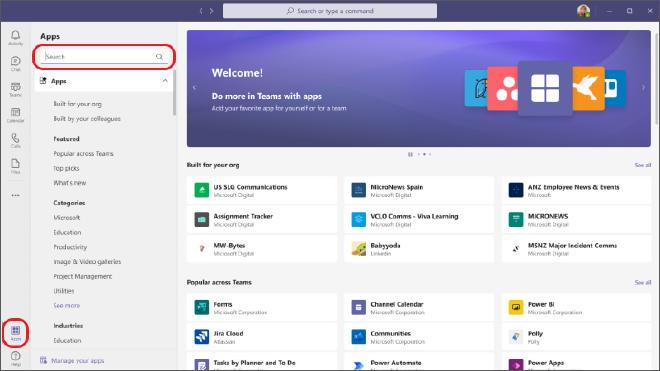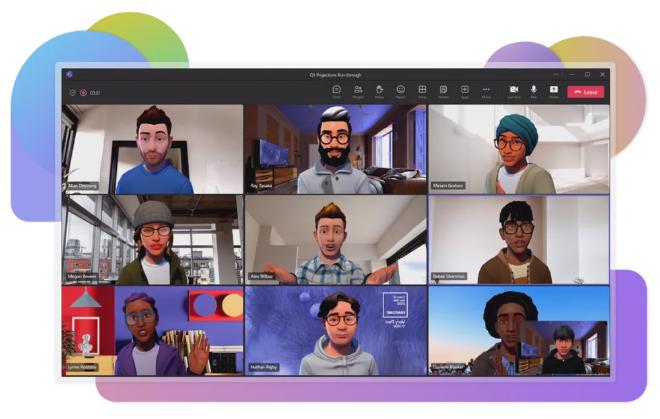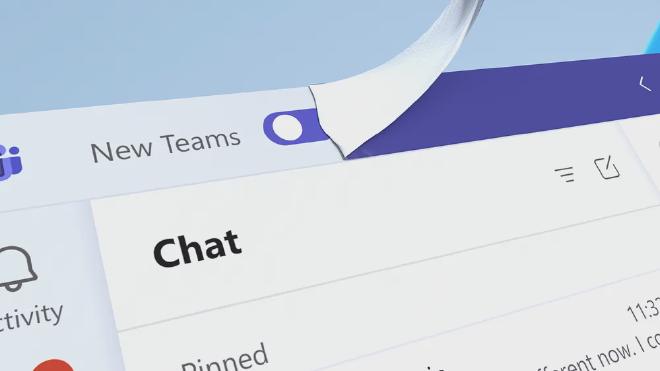快速入口: Teams官网 | Teams下载 | Teams网页版登录
Introduction: Explore the efficient capabilities of Teams AI #
In a fast-paced work environment, everyone is looking for ways to improve efficiency. Microsoft Teams has become the collaboration tool of choice for millions of users worldwide, and the recent introduction of Teams AI features has made document editing smarter and more convenient. This article will delve into various strategies and tips on how to use Teams AI for intelligent document editing to help you greatly improve your work efficiency. 😉

Breakdown of the basic features of Teams AI #
Before we start leveraging Teams AI, we first need to understand its basic features. Teams AI integrates a variety of intelligent tools, including text autocomplete, intelligent meeting notes, and data analysis. These features not only help users complete daily tasks faster, but also provide data support and decision-making assistance when working on complex projects. 🚀
How to set up and enable Teams AI #
To take full advantage of the power of Teams AI, you first need to set it up and enable it correctly in Teams. Users can activate AI features in Teams on PC or Teams on the web in a few simple steps. First, make sure your Teams app is up to date and can get updates on the Teams website or through the Teams download channel. Then, find the AI-related options in the settings and follow the prompts to turn them on.
Tips for leveraging Teams AI for intelligent document editing #
When AI features are activated, intelligent document editing becomes within reach. Teams AI can help users with grammar correction, style consistency, and content suggestions. For example, when you’re writing a report or email, AI can provide writing suggestions in real time, helping you complete the document faster. In addition, AI tools can also be used to summarize documents, allowing you to quickly grasp the key points of the document. 📝

Advanced Applications: Leverage Teams AI for collaboration and version control #
In addition to individual document editing, Teams AI also excels in team collaboration. It helps team members track the document’s modification history, automatically flags important changes, and provides version revert options. This feature is especially useful when multiple people are working on a project at the same time, greatly reducing confusion and misunderstandings in team collaboration. 👥
Challenges and solutions #
Although Teams AI brings many conveniences, there may be some challenges in actual use. For example, AI may not always accurately understand complex project requirements or specific business terminology. In the face of these challenges, users can continuously optimize AI performance by regularly updating AI models and feedback specific questions. In addition, combining artificial intelligence with manual review can effectively improve the accuracy and reliability of document editing. 🛠️

Future Outlook: The Evolution of Teams AI in Document Editing #
With the continuous advancement of AI technology, the application of Teams AI in the field of document editing will be more extensive and in-depth in the future. We can expect that AI will not only handle more complex document editing tasks, but also provide a more personalized user experience to adapt to the specific needs of different users. The continuous advancement of Teams AI will drive innovation in the way we work and create greater value for businesses and individual users worldwide. 🌟
Using Teams AI for intelligent document editing not only improves individual and team productivity, but also leads to more accurate and high-quality document output. Through the introduction of this article, I believe you have a comprehensive understanding of how to use Teams AI for intelligent document editing and can start trying to apply these advanced features to your daily work. Let’s move towards a more efficient and intelligent future together! 🚀
延伸阅读 #
常见问题(FAQ) #
- 问:文件存储在哪里? 答:团队文件存储在SharePoint,私聊/小组文件在OneDrive;Teams内可直接访问。
- 问:如何共享与权限控制? 答:使用“仅查看/可编辑”等分享选项并设定有效期与受众范围。
- 问:白板协作有哪些技巧? 答:会议中开启白板进行头脑风暴,利用模板与便签提升效率。